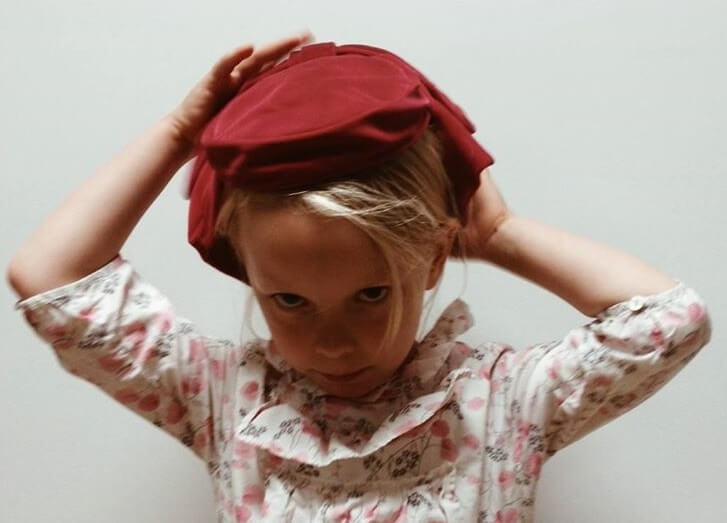The Traditions Of Children

Without really thinking about it, we assume that tradition is the province of adults. Traditional meals are cooked by adults. Traditional songs are written by adults. Traditional liturgies are conducted by adults, even if children are present for the worship, the singing, the supper. Children lack the intellect, the memory, and the fortune to perpetuate tradition.
However, my seven year old daughter has lately come home from school clapping and singing “Mary Mack.” As in my youth— and yours, no matter how old you are— she was not taught this song by adults, but by other girls of her own age. “Mary Mack” is, as odd as it sounds, a tradition of children. Adults do not participate in the perpetuation of this tradition. So far as I can tell, my daughter performs this song at the far end of a thirty-year continuation which stretches (at least) all the way back to the time I was in kindergarten. She sings it because the little girls sang it last year, and the little girls sang it last year because the little girls the year before sang it. The girls in third grade teach it to the girls in second grade, and when the second graders become third graders, they teach it to the second graders. Adults are not needed. Children and children alone are the custodians of the “Mary Mack” tradition.
The reading of Homer is no different than this, though, but has merely been performed for much longer and by persons slightly older.
In this way, tradition seems both very secure and very fragile. On the one hand, why would the little girls ever stop singing “Mary Mack”? On the other hand, the only thing which keeps it going is the delight it brings. It does not have to be.

Joshua Gibbs
Joshua Gibbs teaches online classes at GibbsClassical.com. He is the author of How To Be Unlucky, Something They Will Not Forget, and Blasphemers. His wife is generous and his children are funny.










